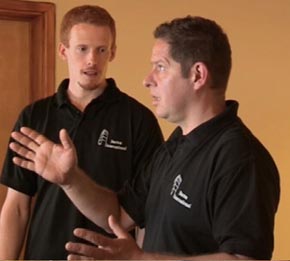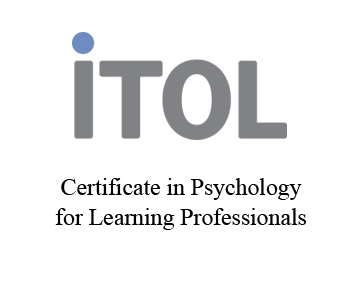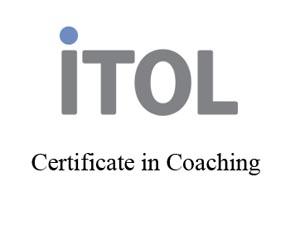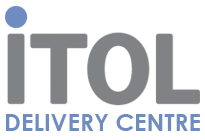
Learning versus Training
This blog will look at:
- What learner centred learning is
- How it differs from trainer centred learning
There is also an ebook giveaway at the end of the blog.
Introduction
Let’s start by what used to happen… Back in the day…
Training was about instructing people. They needed to learn the right way and be fed the right information therefore, the trainer played the role of “expert” and provided the correct answers to everything.
Life was easy for your average trainer. They would produce their lesson plan with exact timings on it and then walk into the room and deliver it. The learners would have to remember it (hopefully).
Kolb, Honey and Mumford
Then along came David Kolb, Peter Honey, Alan Mumford et al. They started this wicked rumour that learning wasn’t that simple, that people had different ways they preferred to learn.
Maybe there was an alternative to spoon feeding things to people. Maybe people could actually use their brains as part of the learning process.
The research suggested that passive learning experiences were unlikely to be remembered or understood, whereas learning that involved the learner in doing something or thinking through something was more likely to stick.
Meanwhile a lot of work had been carried out with groups learning by reflecting on the “here and now” and identifying the learning from their experiences. This work still continues today through organisations such as The Tavistock Institute.
Some trainers found that creating “here and now” experiences in the training room could end up with some light bulb moments in the people they were training. The trainers found that they themselves did not necessarily need to fully understand what and why those moments had occurred.
So now the trainer might be able to “let go” a little bit, run an activity or create a discussion group in the training room.
Revans
Then along comes Reg Revans.
He found that People could learn from talking to others by sharing and comparing problems, ideas and solutions. He called these sessions Action Learning Sets and today these are becoming more and more popular as a way to share, reflect and learn.
With these techniques which involve the learners becoming more active, the role of the trainer has to change. No longer do they need to be the “expert”. No longer can they work to a strict timetable.
Yes, they need a set of behavioural and measurable outcomes however they don’t need to dictate the journey. As long as the outcomes are achieved they have done a good job.
Inputs v Outputs
So we now see that training needs to move from being inputs focused to being outputs focused. The role of the trainer moves from inputs expert to outputs facilitator.
Now, if we break out of the training room barrier we can then see that most learning does not need to take place in a training room. It can happen anywhere, anytime.
There is still a role for the trainer but now as a professional facilitator and a professional coach.
Learner Centred versus Trainer Centred – Definitions
Trainer Centred Learning is managed, controlled and driven by the trainer. They have the answers, the list of the 10 things you need to do, the “right” solution.
Learner Centred Learning is facilitated by the trainer. They have some of the questions but none of the answers. They manage the group process and not the content.
Where are You?
Think about where you are on this journey. Are you a trainer? Are you a facilitator? Are you somewhere in-between?
And what do you need to do to become more effective for your learners?
What You Can Do About It
Clearly, there are different skills required to move from trainer centred to learner centred. So to help you, here are two courses designed specifically to help you get the skills you need and one ebook download to give you some ways of learning which do not involve a training room.
The Certificate in Psychology for Learning Professionals is specifically designed to enable trainers to move towards more facilitating.
The Certificate in Coaching is the full professional coaching qualification.
Adrian Green
Professional Learning Facilitator and Coach






